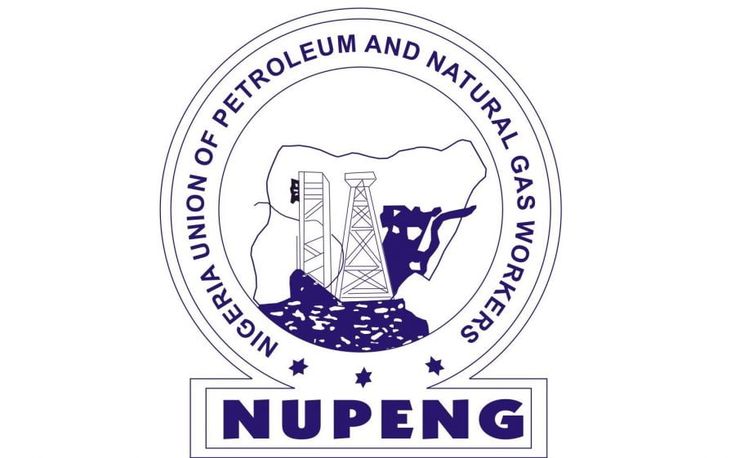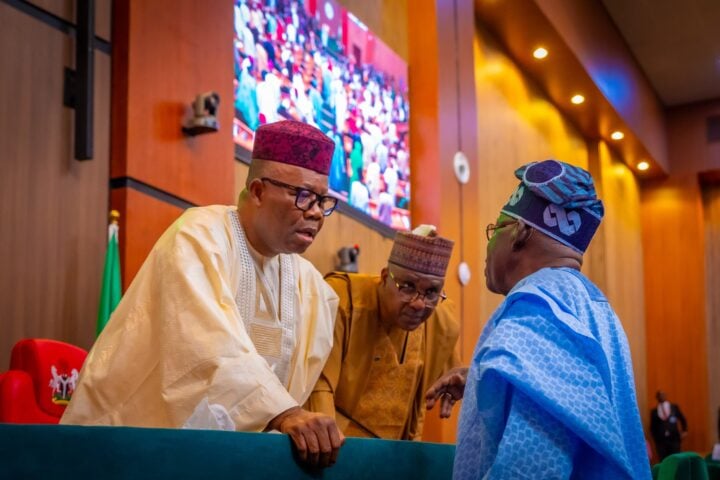In a significant development within Nigeria’s petroleum sector, several major petrol distributors have publicly distanced themselves from the ongoing strike action declared by the Nigerian Union of Petroleum and Natural Gas Workers (NUPENG). The move highlights growing divisions within the industry amid rising concerns over fuel supply disruptions and economic impacts.

NUPENG, a prominent labor union representing workers in the oil and gas sector, initiated the strike to press for better wages, improved working conditions, and government action on lingering sectoral challenges. However, petrol distributors—key stakeholders responsible for ensuring fuel availability across the country—have chosen not to participate in the industrial action, citing the adverse effects a prolonged strike could have on the supply chain and the general public.
In a statement released by the Petroleum Marketers Association of Nigeria (PMAN), representing the distributors, the group emphasized their commitment to maintaining uninterrupted fuel distribution to retail outlets. They highlighted that while they empathize with the grievances of the NUPENG members, joining the strike would exacerbate the current fuel scarcity and increase hardship for millions of Nigerians.
The distributors urged both the government and NUPENG leadership to engage in constructive dialogue to resolve the disputes swiftly. They further warned that the disruption of fuel supply could have far-reaching consequences, including inflationary pressures on transportation and goods, thereby impacting the broader economy.
Industry analysts view the dissociation as a strategic move by distributors to safeguard their business interests and maintain stability in the supply chain. However, it also underscores the fragmented nature of labor relations within the petroleum sector, complicating efforts to present a united front in addressing systemic challenges.
As the strike continues, the situation remains fluid, with stakeholders calling for urgent negotiations to restore harmony and ensure the uninterrupted flow of petroleum products essential to Nigeria’s economy.

















